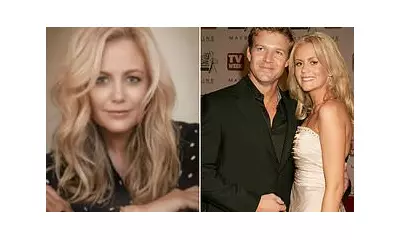
In a dramatic move that has sent shockwaves through the literary world, bestselling author Sally Rooney has refused to personally accept a prestigious award in the United Kingdom. The Irish novelist, a vocal supporter of the Palestinian cause, made the decision based on legal advice suggesting she faced a genuine risk of detention by British authorities.
The Chilling Warning That Forced an Author's Hand
Rooney was slated to receive a significant honour for her contribution to literature. However, her journey to the podium was thwarted by a stark warning from her legal team. They advised that her high-profile endorsement of the Palestinian-led Boycott, Divestment, Sanctions (BDS) movement could be interpreted as a violation of UK law, specifically legislation aimed at curbing boycotts against Israel.
The core of the issue lies in a recent government policy, strongly backed by Prime Minister Keir Starmer's administration. This policy seeks to prevent public bodies from engaging in boycotts against foreign countries, a move widely seen as targeting actions against Israel.
A Statement of Solidarity from Afar
Unable to risk travel, Rooney prepared a powerful statement that was read aloud on her behalf at the ceremony. In it, she expressed her deep regret at being absent, framing her decision as a necessary act of solidarity.
"It is with a heavy heart that I cannot be with you tonight," the statement began. "I cannot in good conscience cross a border when I know my beliefs might make me a target of a government increasingly hostile to critiques of Israel. My absence is a small gesture of support for the people of Palestine."
Cultural Figures and the Growing Clampdown on Speech
This incident is not isolated. It highlights a growing tension between the UK government and cultural figures who engage in political activism, particularly concerning foreign policy. The potential use of legal statutes to deter high-profile supporters of BDS has raised serious concerns among free speech advocates and civil liberties groups.
Rooney's stand has ignited a fierce debate, polarising public opinion. Supporters hail her as a courageous figure using her platform for moral principles, while critics accuse her of undermining community cohesion and misinterpreting the government's stance.
One thing is certain: the intersection of art, politics, and law has never been more contentious, and Sally Rooney's absence speaks volumes more than any acceptance speech could have.





